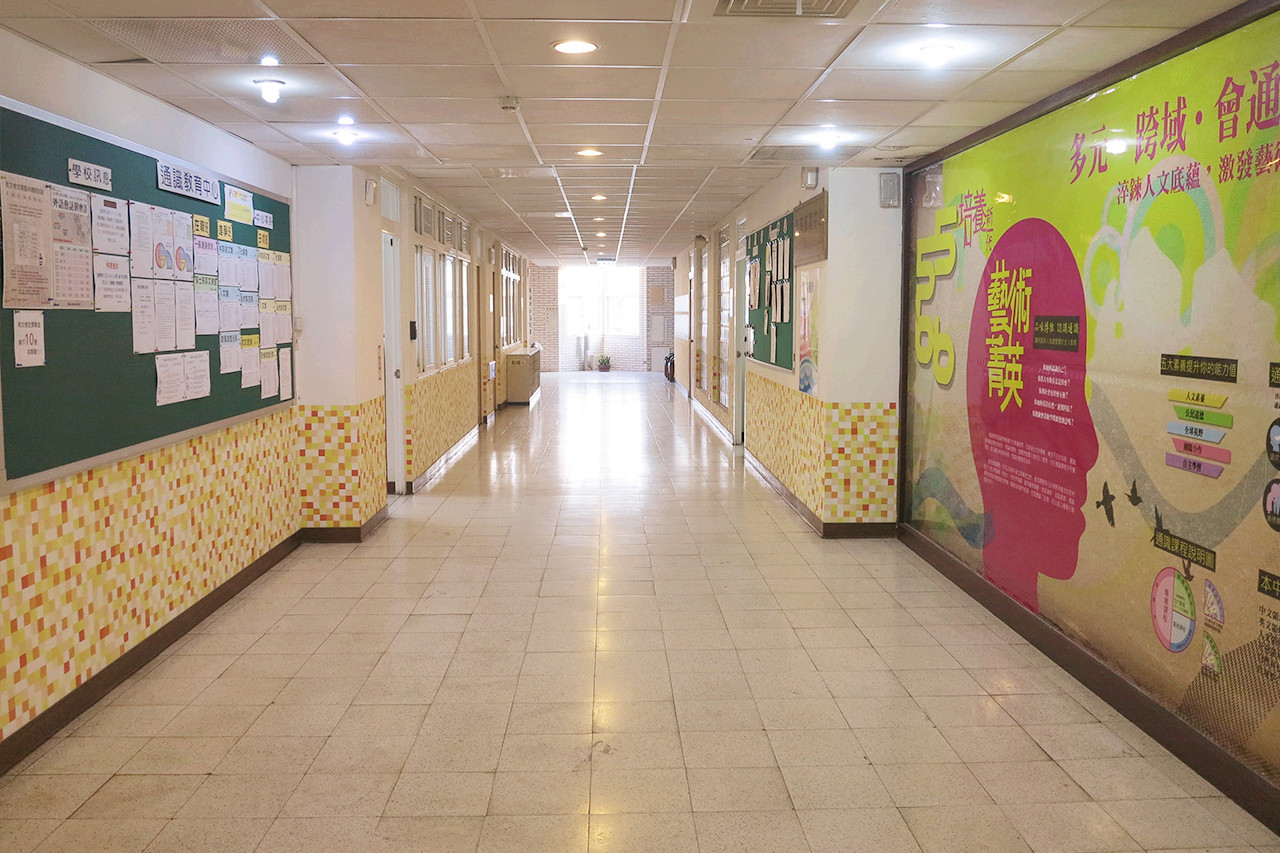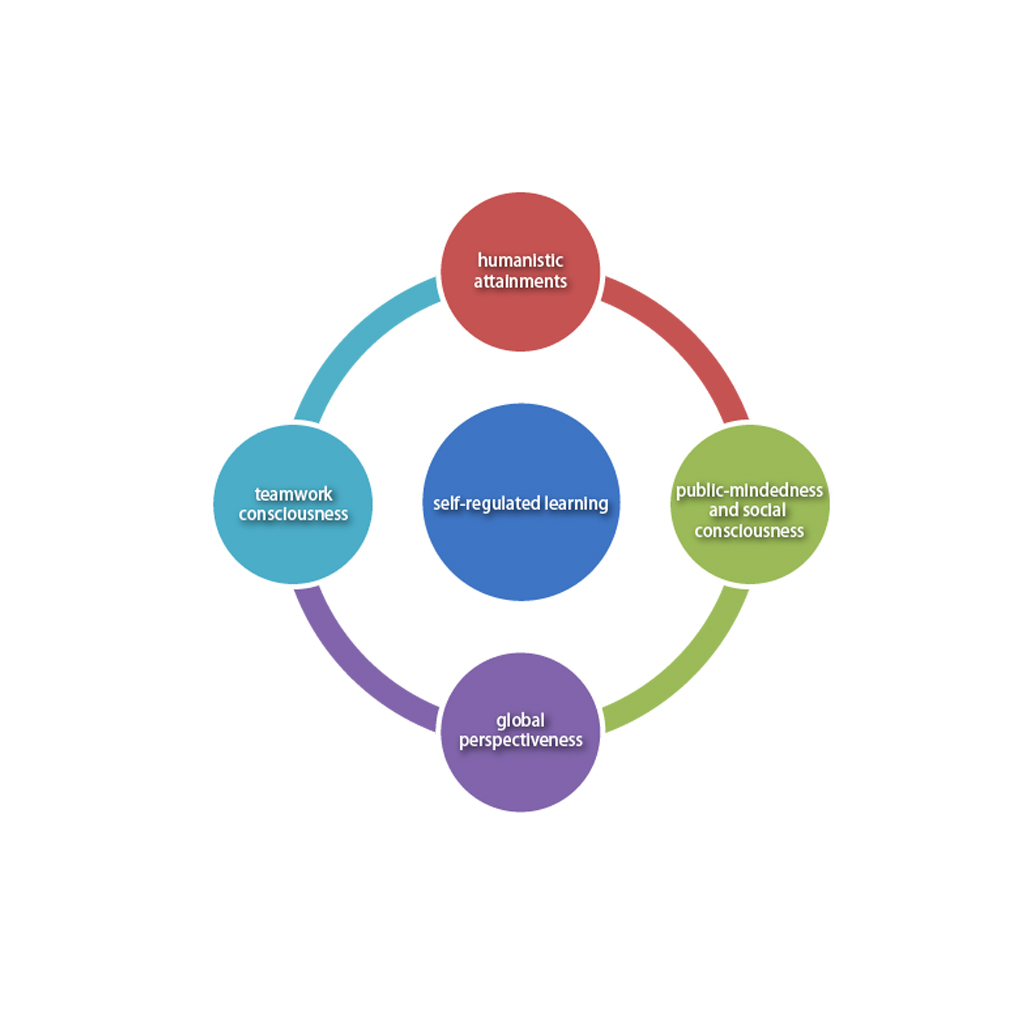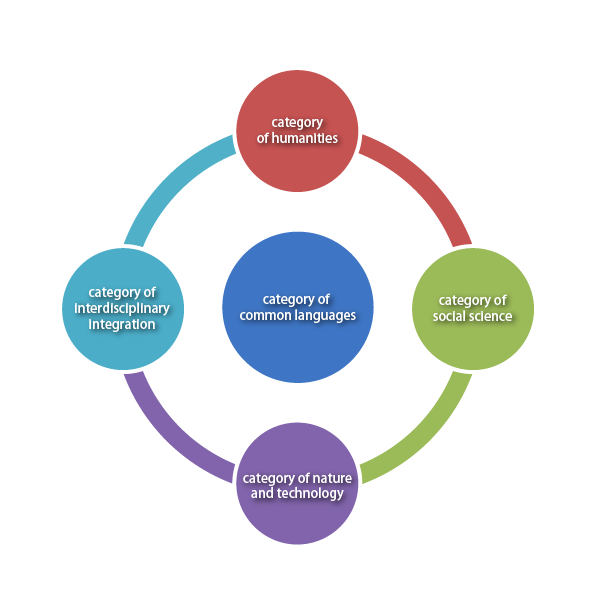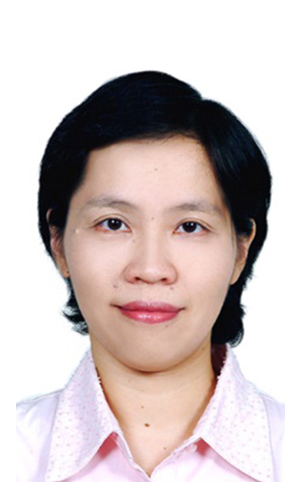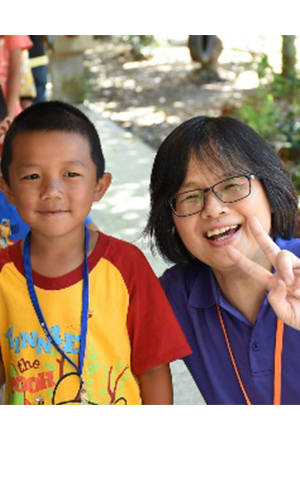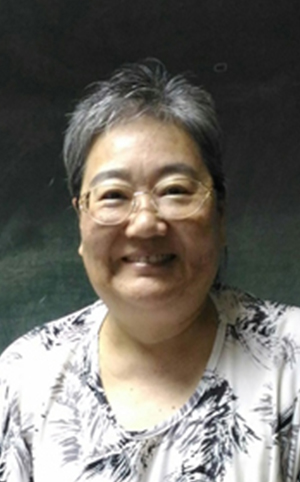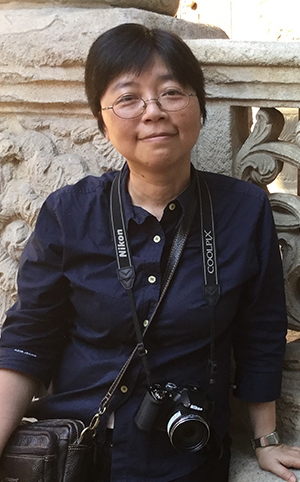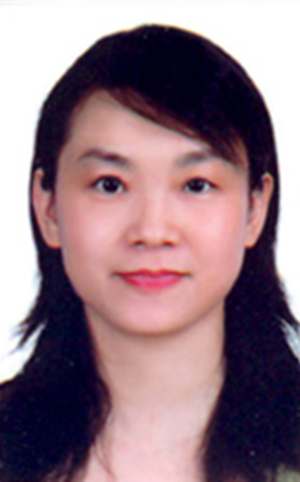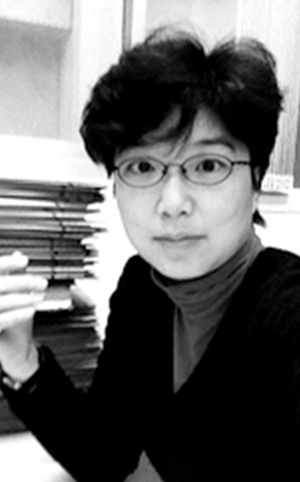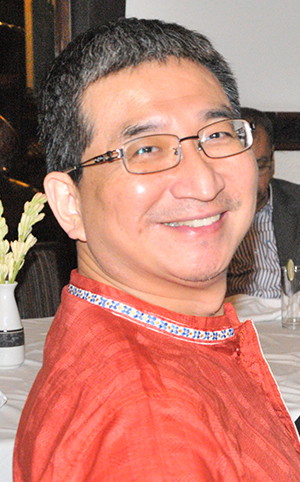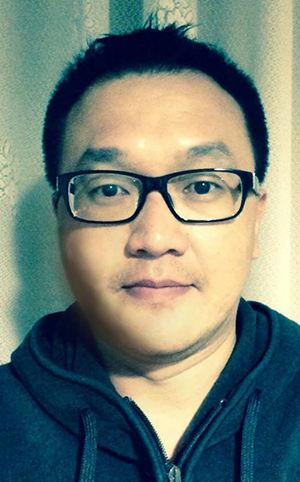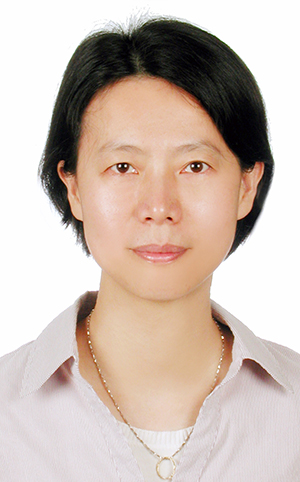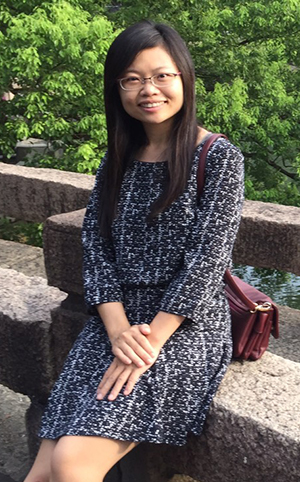NEWS
Lorem ipsum dolor sit amet, consectetur adipisicing elit. Assumenda, dolorum, vero ipsum molestiae minima odio quo voluptate illum excepturi quam cum voluptates doloribus quae nisi tempore necessitatibus dolores ducimus enim libero eaque explicabo suscipit animi at quaerat aliquid ex expedita perspiciatis? Saepe, aperiam, nam unde quas beatae vero vitae nulla.
Lorem ipsum dolor sit amet, consectetur adipisicing elit. Assumenda, dolorum, vero ipsum molestiae minima odio quo voluptate illum excepturi quam cum voluptates doloribus quae nisi tempore necessitatibus dolores ducimus enim libero eaque explicabo suscipit animi at quaerat aliquid ex expedita perspiciatis? Saepe, aperiam, nam unde quas beatae vero vitae nulla.
Features
The General Education at NTUA is featured by “Multiplicity”, “Interdisciplinarity”, “Integrativeness”, and “Innovativeness” in the spirit of “Refining the foundation of humanities and inspiring the passion for arts”. It aims to incorporate the professions of arts and the five basic attainments as pursued in general education, and fulfill the goal of developing interdisciplinary generalists in arts. Specifically, in addition to the subjects of arts, it attempts to cultivate the humanistic and spiritual innerness, and further inspire the internal enthusiasm for arts and therefore embody it as the energy to create arts, ultimately being able to warm and touch hearts with works of arts.

Goals
The goal of general education is to lead students to gain knowledge in a broad perspective, boosting humanistic attainments and public-mindedness and social consciousness, global perspectiveness, teamwork consciousness, and self-regulated learning, so as to accomplish the goals of life-long learning and serving the public.
Humanistic Attainments
Public-mindedness and Social Consciousness
Global Perspectiveness
Teamwork Consciousness
Self-regulated Learning
NTUA
Language Communication
Culture Appreciation
Morality Fulfillment
Interpersonal Relation
Technology Literacy
Critial Thinking
Category of Common Languages
Category of Humanities
Category of Social Science
Category of Nature and Technology
Category of Interdisciplinary integration
Five Categories of Courses
Full-time Teachers
General Education Center
Professor
Ph.D. in Plastic Arts,
Pantheon-Sorbonne University, France
2. Introduction Photography
3. Art Research Methods & Art Writing
4. Research Methods
5. Special Topics on Photography and Media Art in Taiwan
6. Seminar on Photography History and Image Theories
Course Information
The General Education Center of NTUA has long required that students take a set of courses outside of their majors in order to ensure that their undergraduate education encompasses a broad range of topics and approaches. The curriculum seeks to follow the trends of society and the scope is school wide. It emphasizes on ethical reasoning and life education, infuses the features of local resources, and interacts with neighboring communities. From Academic Year 101, the new program of general education provided 26 credits for day-division undergraduate students. The 26 credits are divided into five core categories: Languages, Humanity, Social Science, Science & Technology, and Cross-discipline.
Languages (6 Credits):
Chinese Reading and Writing (2 Credits):
The course is to foster students’ humanistic thinking process and help students receive an in-depth understanding of tradition through abundant of classical works. Students also will be trained with various types of compositions. Suggestions are given by teachers and a writing exhibition of student composition is held in the end of the semester.
General English (4 Credits):
The General English is divided into fifteen levels from G1 to G15. Students are trained for their listening, speaking, reading, and writing skills. The use of the multi-media facility of the language labs and interactive teaching approaches greatly help students improve their English proficiency levels. The course also introduces different types of language proficiency assessments in order to help them pass the English threshold.
Humanity (6 Credits):
The common aim of the courses in this area is to teach students to use critical and systematic approaches to appreciate classical works in culture, history, and philosophy.
Social Science (6 Credits):
The courses help students to get to know themselves and how to communicate with others. Being cultivated by the courses, students learn how to pour the spirits of social care into their works and become the artists of world citizens.
Science & Technology (4 Credits):
The core spirit of these courses is critical reflection. It is intended to elevate students’ thinking capability by the introduction of various types of theories and discussion of practical topics. Students are aware of the mission of maintaining the environment, carry the correct attitudes of using knowledge, and implement the power of technology into their creations. The courses include logistic reasoning, computer skills, ethical reasoning, ecology and technology.
Cross-discipline (4 Credits):
The course lead students to understand carious types of art and performance, appreciate new forms of art, and give students the mission of bringing aesthetic to the public. The course include introduction to art, and innovation.
Structure of Credits for General Education, Day Division |
|||
Five Core Categories |
Credits |
Note |
|
Languages |
Chinese Reading and Writing |
2 |
For freshmen only |
General English |
4 |
For freshmen only |
|
Humanity |
6 |
For day-division students |
|
Social Science |
6 |
||
Science & Technology |
4 |
||
Cross-discipline |
4 |
||
Total |
26 |
Minimum credits for graduation: 26 |
|
The General Education Center of NTUA has long required that students take a set of courses outside of their majors in order to ensure that their undergraduate education encompasses a broad range of topics and approaches. The curriculum seeks to follow the trends of society and the scope is school wide. It emphasizes on ethical reasoning and life education, infuses the features of local resources, and interacts with neighboring communities. From Academic Year 101, the new program of general education provided 26 credits for day-division undergraduate students. The 26 credits are divided into five core categories: Languages, Humanity, Social Science, Science & Technology, and Cross-discipline.
Languages (6 Credits):
Chinese Reading and Writing (2 Credits):
The course is to foster students’ humanistic thinking process and help students receive an in-depth understanding of tradition through abundant of classical works. Students also will be trained with various types of compositions. Suggestions are given by teachers and a writing exhibition of student composition is held in the end of the semester.
General English (4 Credits):
The General English is divided into fifteen levels from G1 to G5. Students are trained for their listening, speaking, reading, and writing skills. The use of the multi-media facility of the language labs and interactive teaching approaches greatly help students improve their English proficiency levels. The course also introduces different types of language proficiency assessments in order to help them pass the English threshold.
Humanity (6 Credits):
The common aim of the courses in this area is to teach students to use critical and systematic approaches to appreciate classical works in culture, history, and philosophy.
Social Science (6 Credits):
The courses help students to get to know themselves and how to communicate with others. Being cultivated by the courses, students learn how to pour the spirits of social care into their works and become the artists of world citizens.
Science & Technology (4 Credits):
The core spirit of these courses is critical reflection. It is intended to elevate students’ thinking capability by the introduction of various types of theories and discussion of practical topics. Students are aware of the mission of maintaining the environment, carry the correct attitudes of using knowledge, and implement the power of technology into their creations. The courses include logistic reasoning, computer skills, ethical reasoning, ecology and technology.
Cross-discipline (4 Credits):
The course lead students to understand carious types of art and performance, appreciate new forms of art, and give students the mission of bringing aesthetic to the public. The course include introduction to art, and innovation.
Structure of Credits for General Education, Evening Division |
|||
Five Core Categories |
Credits |
Note |
|
Languages |
Chinese Reading and Writing |
2 |
For freshmen only |
General English |
4 |
For freshmen only |
|
Humanity |
6 |
For evening-division students |
|
Social Science |
6 |
||
Science & Technology |
4 |
||
Cross-discipline |
4 |
||
Total |
26 |
Minimum credits for graduation: 26 |
|



